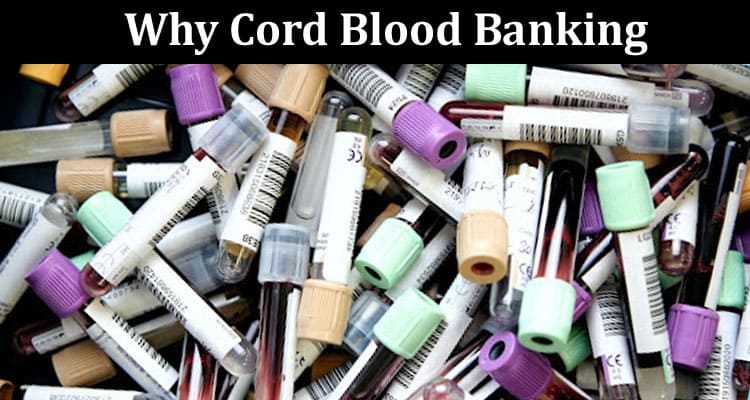Introduction
If you’re an expectant or new parent, you’ve probably heard about cord blood banking already. It is a medical process, which can help you bank your cord blood for later usage.
But how much does the whole procedure cost as a whole?
Will it be painful?
Will storing or banking cord blood be actually beneficial?
We have answered all these questions through this blog. Hopefully, it will clarify the subject of cord blood banking, and the associated procedures, for you.
What is Cord Blood Banking?
After your child is born, stem cells and tissues from your cord can be collected and banked in cryogenic storage. Depending on the option you have chosen, you can keep it for:
- Five years.
- Ten years, and
- Twenty years.
Some banking organizations might provide more flexibility in this regard. Thus, it will be best if you ask them about their offering at the beginning.
What about the Cost?
Cord blood banking can be quite expensive, especially if you are keeping the blood in a private bank, although some cord blood banks offer more competitive pricing than others. For example, an organization like AlphaCord offers its services for USD 250/year.
But, the aforesaid price range can either increase or decrease, depending on the period you will be storing the blood. Typically, the more time you keep, the more you may have to spend.
Besides, many companies also ask for an upfront payment before offering their 20-year service. So, that might increase your expenditure to some extent too.
How is the Blood Collected?
If you are considering collecting and storing your cord blood, it’s important to notify the doctor and the birthing healthcare center first. You may also request them to order a cord-collecting kit or some other special equipment. In some cases, the bank will offer all of these too.
As a rule of thumb, you must notify the hospital about your decision to bank cord blood at least six weeks before your due date. Don’t forget to sign your consent forms too.
The process of cord blood extraction is simple and easygoing.
To begin with, the healthcare professional will clamp out your umbilical cord after the baby is born and cut it properly. Then, they’ll use a miniature needle to draw out the blood and store it in a designated bag. The process is likely to end within 10 minutes or so.
In some cases, the extraction of the cord blood will not be possible because of:
- Not opting for a facility that offers the cord blood collection service.
- If your baby is premature, the doctors won’t be able to clamp the cord early.
- In case an emergency occurs after or during birth, your doctor may prioritize saving the life of the mother and the baby.
How is the Blood Stored?
Once the blood is collected, it must be stored carefully in a preserved center. Each facility tends to follow a unique protocol in this case. Talk to them to know more about cord blood banking.
The usual process of cord blood collection follows the below-mentioned procedure:
- Firstly, the blood is collected through a small needle from your umbilical cord.
- Then, the blood and the tissues are overwrapped in a medically-curated object. It’s done to provide protection against cross-contamination while it’s being stored.
- All of the specimens are stored through cryogenic preservation techniques at 170-degree celsius or 274-degree Fahrenheit.
Is Cord Blood Banking Beneficial?
The stem cells residing in your cord blood can capably cure or treat almost any health condition, including; immunological or metabolic diseases, certain cancers, etc. Besides, if you are storing the blood in a private institution, it can be used only for your family. So, no one else will be able to put their claim on it.
Stem cells are also much easier and less painful to collect than your bone marrow. Cord blood is also capable of strengthening your overall immune system. Hence, it can offer excellent benefits while someone is undergoing cancer treatment.
The Bottom Line
Cord blood banking, if done correctly, can come with several benefits. But how you do it will depend on more than one factor, including your financial situation and medical needs. So, if you need any help with your decision, talking to a healthcare specialist can be helpful.


